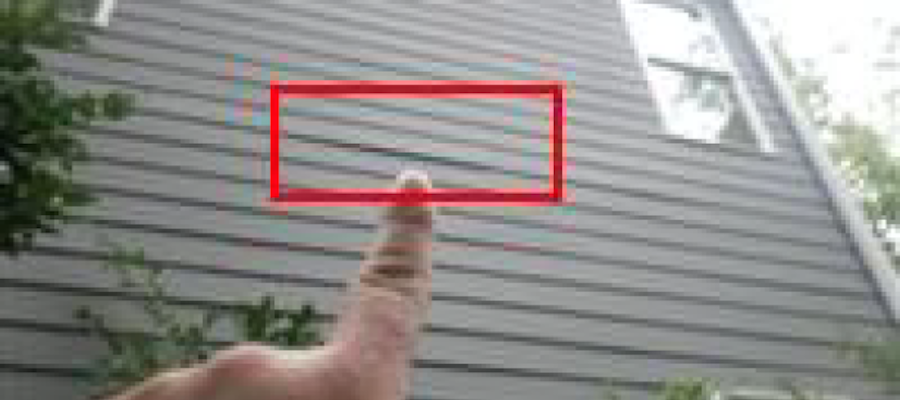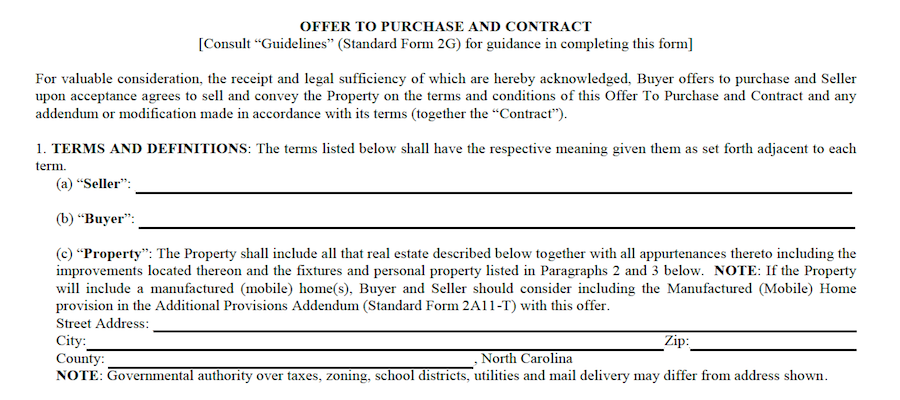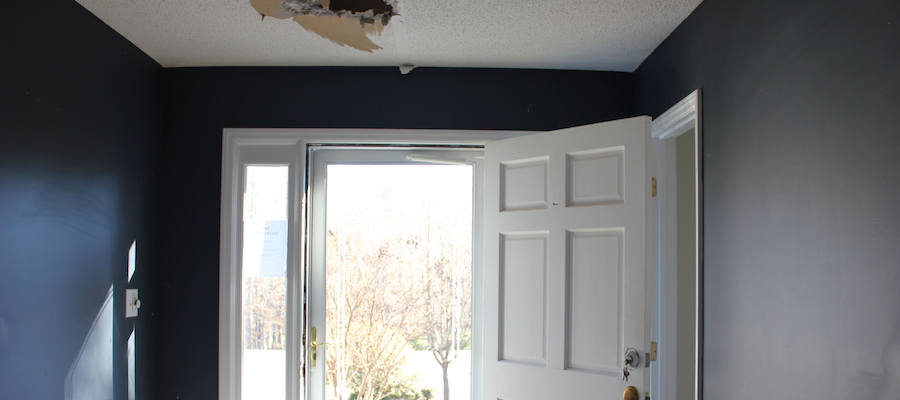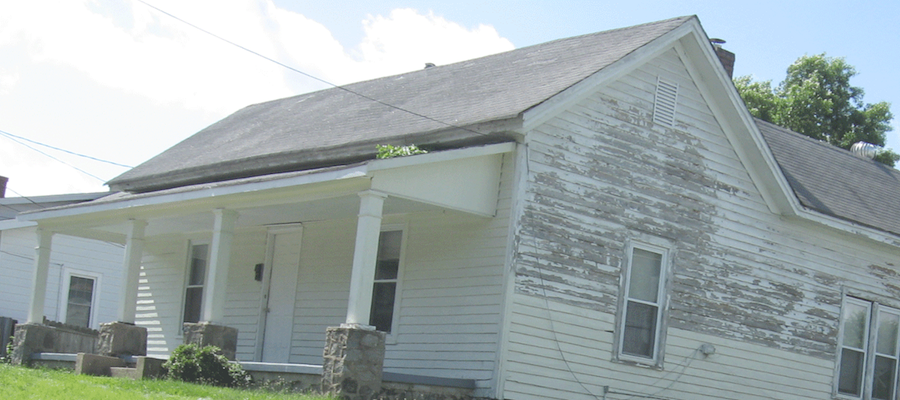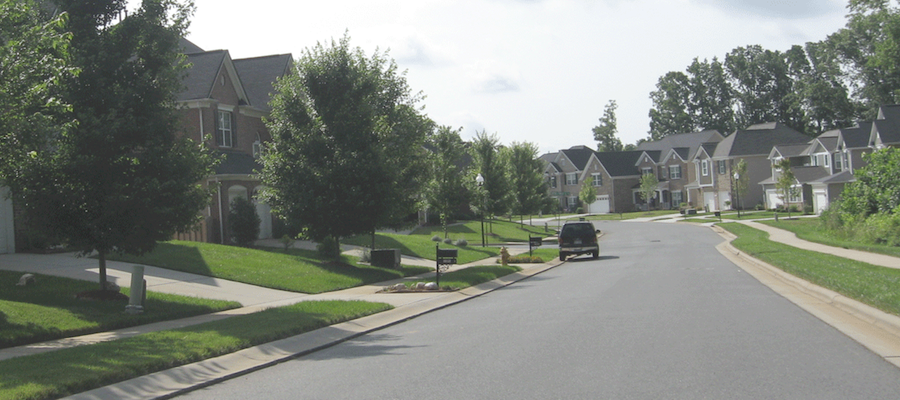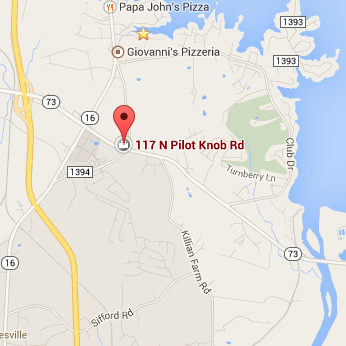After the preliminary negotiations are complete and all of the correct contracts are completely filled out and signed by both parties (Homebuyers and Sellers) we begin the Due Diligence Period and start with our home inspections.
We now need to give a green light to all of our team and continue to carefully move the ball closer to the closing table. Below is a list that includes most of the parties involved to help us complete our inspections and prepare all of the other important information we will need to complete before closing.
- Closing Attorney
- General Home Inspector
- Radon Inspector
- Septic Inspector
- Well/Water Inspector
- Wood Infestation Inspector
- Survey
- Home Warranty Company
- Insurance Provider
- Hazard (home owner’s) Insurance
- Appraiser (usually chosen by the lending company)
The Process
Once we have chosen the right people for the job, its time to set everyone into action. Here is a step-by-step example of what typically happens from this point.
- Call the Closing Attorney and let them know you would like to hire them to be your closing attorney. They will ask you some basic questions, and also ask for a copy of your ratified Offer to Purchase contract. Let them know that if I haven’t sent it to them already, they will be receiving it in their email very soon.
- Contact your loan representative and inform them that you have found the home you would like to purchase, and its time to start running the loan package and get it to underwriting.
- Contact the Insurance Representative.
- Contact the Home Inspector, tell them which inspections you would like them to preform, and schedule the home inspection as soon as possible. Work out the payment details as most inspectors will ask for a check at the time of inspections but its not unusual for them to send you an invoice which the closing attorney will reference and pay for on the HUD at closing.
- Keep in mind that some inspection companies cover all the home inspection you need including; general home and mechanical inspection, mold inspection, radon inspection, well/water inspection, and wood/destroying insect inspection.
- Other inspection companies will only do the general/mechanical inspection, which mean you will need to make sure you hire additional companies to complete the rest of the inspections. Keep a list and check the required inspections off as you go.
- If you choose to have a survey done for your property (always recommended) call the surveyor and schedule the survey.
- Conduct the inspections.
- Negotiate any necessary repairs with the sellers.
- Give a follow-up call to all the people who are associated with the closing to make sure everything is going as planned.
Finishing Up
There may be some follow up information that the loan underwriters/attorneys/insurance people need from the homebuyers, that’s not at all unusual, so don’t be alarmed if they ask for it.After everyone is working, the inspections finished and the repair negotiating finished; most of the time consuming work is complete.Go ahead and start packing/get ready to move into your new home!

